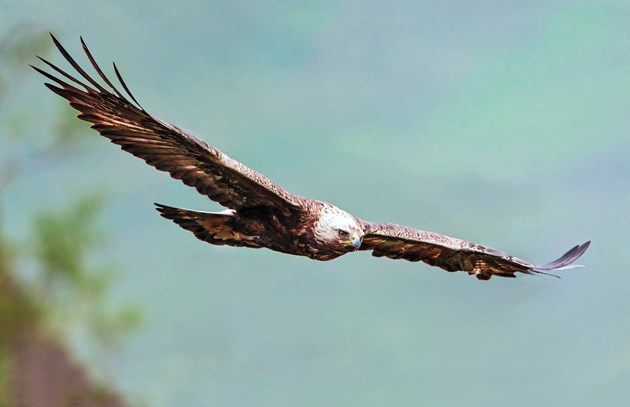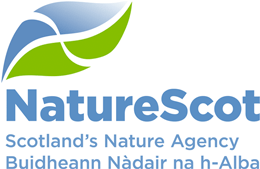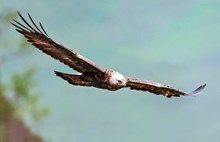09 February, 2022
General licence restricted on Cairngorms estate

NatureScot has restricted the use of general licences on part of the Invercauld Estate in the Cairngorms National Park.
The decision was made on the basis of evidence provided by Police Scotland of wildlife crime against birds. This evidence included a poisoned golden eagle found on the estate in March 2021, along with a rabbit and a hare carcass, both baited with poison. The restriction will apply to the Gairnshiel and Micras moor on the estate, where the evidence of poisoning was found.
Donald Fraser, NatureScot’s Head of Wildlife Management, said: "“These poisoning incidents are appalling and an act of animal cruelty. The indiscriminate use of poisons is not only lethal to our iconic Scottish wildlife, but can also pose a serious health risk to people and domestic animals that come into contact with it.
“We are committed to using all the tools we have available to tackle wildlife crime. In this case, there is clear evidence of criminal behaviour. Because of this, and the risk of more wildlife crimes taking place, we have suspended the use of general licences on this property for three years. They may still apply for individual licences, but these will be closely monitored.
“This measure will help to protect wild birds in the area, while still allowing necessary land management activities to take place, although under tighter supervision. We believe this is a proportionate response to protect wild birds in the area and prevent further wildlife crime.
“We work closely with Police Scotland and will continue to consider information they provide on cases which may warrant restricting general licences. The detection of wildlife crime can be difficult, but this is the third time in recent months when we have restricted use of general licences on the basis of evidence of crime taking place. New and emerging technologies, along with a commitment from a range of partners to take a collective approach to these issues, will help us stop wildlife crime.”
General licences allow landowners or land managers to carry out control of common species of wild birds, such as crows and magpies, to protect crops or livestock, without the need to apply for an individual licence.
See the full licence restrictions details at https://www.nature.scot/doc/general-licences-birds-restrictions
ENDS
Contact information
- Name
- NatureScot Media
- Telephone
- 0131 316 2655
- media@nature.scot
Notes to editors
General Licences - The Wildlife and Countryside Act 1981 protects all wild birds. General licences permit authorised persons to carry out actions that would otherwise be illegal. They cover certain types of activity relating to birds, such as preventing damage to crops or livestock, preserving public health or air safety, and preventing the spread of disease. General licences cover situations which are seen as relatively commonplace and where there is unlikely to be any great conservation impact. General licences avoid the need for people to apply for individual licences for these specific circumstances. General licences are subject to strict conditions, and abuse of them or failure to comply with the conditions could constitute an offence. For more information, see the General Licence page on our website.
In additon to the Invercauld Estate General Licence Restriction, there are two further General Licence Restrictions currently in effect: one on Leadhills Estate, South Lanarkshire, which includes a recent extension until July 2023 on the basis of further crimes; and another Lochan Estate, Perthshire which expires in January 2025.
NatureScot is Scotland's nature agency. We work to enhance our natural environment in Scotland and inspire everyone to care more about it. Our priority is a nature-rich future for Scotland and an effective response to the climate emergency. For more information, visit our website at www.nature.scot or follow us on X at https://x.com/NatureScot
’S e NatureScot buidheann nàdair na h-Alba. Bidh sinn a’ neartachadh àrainneachd na h-Alba agus a’ brosnachadh dhaoine gu barrachd suim a chur ann an nàdar. Tha e mar phrìomhachas againn gum bi nàdar na h-Alba beairteach agus gun dèilig sinn gu h-èifeachdach le èiginn na gnàth-shìde. Tha an tuilleadh fiosrachaidh aig www.nature.scot no air X aig https://x.com/NatureScot

